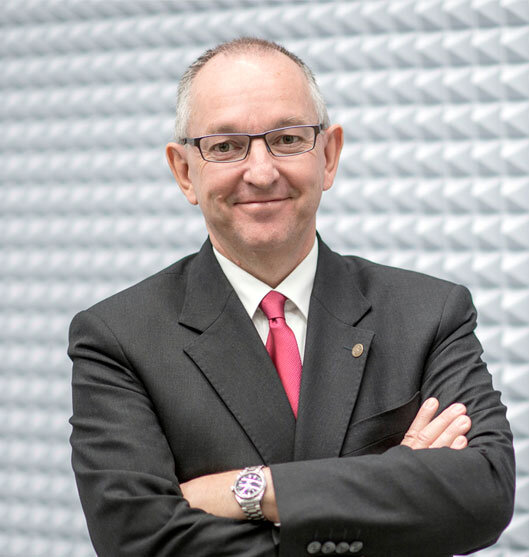The SPINOGRAPH – “Spintronics in Graphene” is a Marie Curie Initial Training Network (ITN) providing state-of-the-art training for early-stage researchers (ESR) and Experienced Researchers (ER) in the field of Spintronics in Graphene. The network brings together 9 world-leading partners and offers a total of 11 Early Stage Research (ESR) PhD positions for 36 months and 4 Experienced Researcher (ER) post-doctoral positions for 24 months. Host institutions are INL, Braga, Portugal-Coordinator (2 PhD), AMO GmbH, Aachen, Germany (1 postdoc), CIC Nanogune, San Sebastian, Spain (2 PhD), CNRS, Paris, France (1 postdoc), CSIC Madrid, Spain (2 PhD), Graphenea, San Sebastian, Spain (1 postdoc), University of Aachen, Germany (1 PhD, 1 Postdoc), University of Groningen, Netherlands (2 PhD), University of Manchester, UK (2 PhD). The recruited researchers will participate in challenging and exciting projects at the forefront of research on Spintronics in Graphene and benefit from several network-wide schools, workshops and specific training courses. More information here.
Read more


